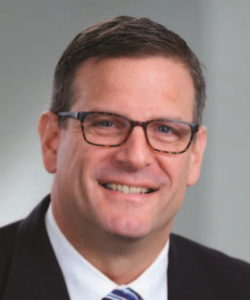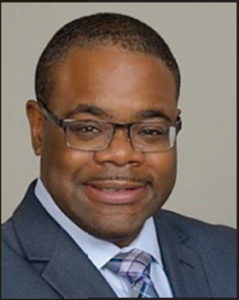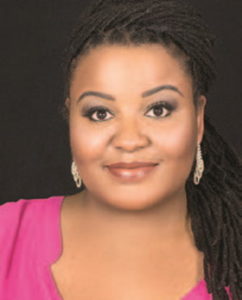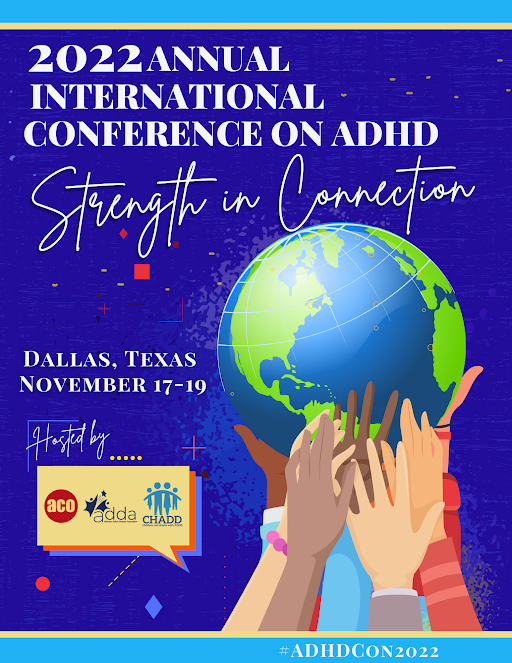There’s STRENGTH IN CONNECTION, However You Connect
Download PDF
THE 2022 ANNUAL INTERNATIONAL CONFERENCE ON ADHD will be both a live and a virtual event. Yes, we will be holding a hybrid conference this year. What does that mean?
 Well, you can come and join us in Dallas to get all the face-to-face fun that we have always enjoyed. There will be over ninety presentations: workshops, peer support groups, and gatherings of all sorts. Sessions will cover a wide variety of topics for audiences comprising both professionals and consumers. You’ll find fascinating research symposia and an amazing exhibition hall. And don’t forget the talent show!
Well, you can come and join us in Dallas to get all the face-to-face fun that we have always enjoyed. There will be over ninety presentations: workshops, peer support groups, and gatherings of all sorts. Sessions will cover a wide variety of topics for audiences comprising both professionals and consumers. You’ll find fascinating research symposia and an amazing exhibition hall. And don’t forget the talent show!
But if you are not able to make it to Dallas, you can still join us online. Every keynote address will be offered live and recorded. Three sessions from each general conference session time slot will be recorded and you can choose which one to join. Question-and-answer sessions will be available both live and virtual.
Our theme this year is Strength in Connection, as we all adapt to the changes of the last two years and work together to create a better life going forward.
Whichever one you pick—Live Conference or Virtual Conference—mark the date in your diary and plan now to join the largest ADHD event of the year.
Keynote Speakers
Thursday Keynote
Scott Kollins, PhD
Real World Data, the Evolving Landscape of Clinical Research, and Implications for ADHD Care Management
The opening keynote presentation will provide an overview of the concepts of real-world data (RWD) and real-world evidence (RWE), and how these types of data can be important to facilitate treatment development and clinical care. The presentation will highlight how RWD/RWE can complement more traditional clinical trials, as well as some of the practical and ethical issues in the collection, aggregation, and analysis of patient data gathered from real world sources. The implications of the RWD/RWE movement will be discussed specifically from the standpoint of ADHD care management and treatment development.
 Scott Kollins, PhD, is the chief medical officer for Holmusk, a real-world data company focused on behavioral health. Prior to joining Holmusk, he spent more than twenty years on the faculty in the department of psychiatry and behavioral sciences at the Duke University School of Medicine, where he maintains an adjunct faculty appointment. He received his undergraduate degree in psychology from Duke University in 1992, and earned his master’s and doctoral degrees in clinical psychology from Auburn University in 1995 and 1997, respectively. Dr. Kollins completed his clinical internship at the University of Mississippi Medical Center. He has published nearly 200 scientific papers in peer-reviewed journals. His research has spanned a number of areas, including human psychopharmacology, ADHD across the lifespan, nicotine and other substance use disorders, and clinical trials. He has been a leader in designing novel approaches to support clinical evidence generation for digital therapeutics.
Scott Kollins, PhD, is the chief medical officer for Holmusk, a real-world data company focused on behavioral health. Prior to joining Holmusk, he spent more than twenty years on the faculty in the department of psychiatry and behavioral sciences at the Duke University School of Medicine, where he maintains an adjunct faculty appointment. He received his undergraduate degree in psychology from Duke University in 1992, and earned his master’s and doctoral degrees in clinical psychology from Auburn University in 1995 and 1997, respectively. Dr. Kollins completed his clinical internship at the University of Mississippi Medical Center. He has published nearly 200 scientific papers in peer-reviewed journals. His research has spanned a number of areas, including human psychopharmacology, ADHD across the lifespan, nicotine and other substance use disorders, and clinical trials. He has been a leader in designing novel approaches to support clinical evidence generation for digital therapeutics.
Friday Keynote
Napoleon Higgins, MD
Lost in the Transitions: The Impact of Under-Recognized ADHD in Marginalized Communities Across the Lifespan
ADHD occurs across the lifespan, affecting individuals and outcomes. This talk will focus on how marginalized communities are affected by undertreated ADHD. We will look at the issue of bias in clinicians and educators and discuss how this bias affects diagnosis and treatment. The intent is to close the gap regarding treatment and prevent poor outcomes from ADHD.
 Napoleon Higgins, MD, is a child, adolescent, and adult psychiatrist in Houston, Texas, and the owner of Bay Pointe Behavioral Health Services and South East Houston Research Group. Dr. Higgins also serves as the executive director of Black Psychiatrists of America and CEO of Global Health Psychiatry. He is the author and coauthor of multiple books on ADHD, depression and grief, Black mental health, and physician practice issues. He specializes in nutrition and health to improve the lives of his patients mentally and physically.
Napoleon Higgins, MD, is a child, adolescent, and adult psychiatrist in Houston, Texas, and the owner of Bay Pointe Behavioral Health Services and South East Houston Research Group. Dr. Higgins also serves as the executive director of Black Psychiatrists of America and CEO of Global Health Psychiatry. He is the author and coauthor of multiple books on ADHD, depression and grief, Black mental health, and physician practice issues. He specializes in nutrition and health to improve the lives of his patients mentally and physically.
Saturday Keynote
René Brooks
Relabeling Yourself After an ADHD Diagnosis
For some people, hearing the words “It’s ADHD” brings relief; for others, it can produce feelings of shame. So much of that is bound up in the idea of ADHD being a label—something we’ve been taught to avoid at all costs. Here’s how I relabeled myself after my ADHD diagnosis, and how you can begin to define what your label is.
 René Brooks is a late-life ADHD success story. After being diagnosed three times as a child (at age 7, 11, and 25), she was finally able to get the treatment she deserved. René decided that her passion for helping others should be put toward people with this disorder who are struggling in silence or shame. She started Black Girl, Lost Keys to empower Black women with ADHD and show them how to live well with the condition.
René Brooks is a late-life ADHD success story. After being diagnosed three times as a child (at age 7, 11, and 25), she was finally able to get the treatment she deserved. René decided that her passion for helping others should be put toward people with this disorder who are struggling in silence or shame. She started Black Girl, Lost Keys to empower Black women with ADHD and show them how to live well with the condition.
Other Articles in this Edition
When Your Teen Lacks Self-Confidence
Remote Learning for Children with ADHD
Ace the Break: Avoid the “Summer Slide”
Stimming and Fidgeting to Calm and Focus
College Planning for Students with ADHD
Will ADHD Symptoms Improve with Marijuana Use?
Interoceptive Awareness and ADHD
Your Keys to a Happier ADHD Relationship

